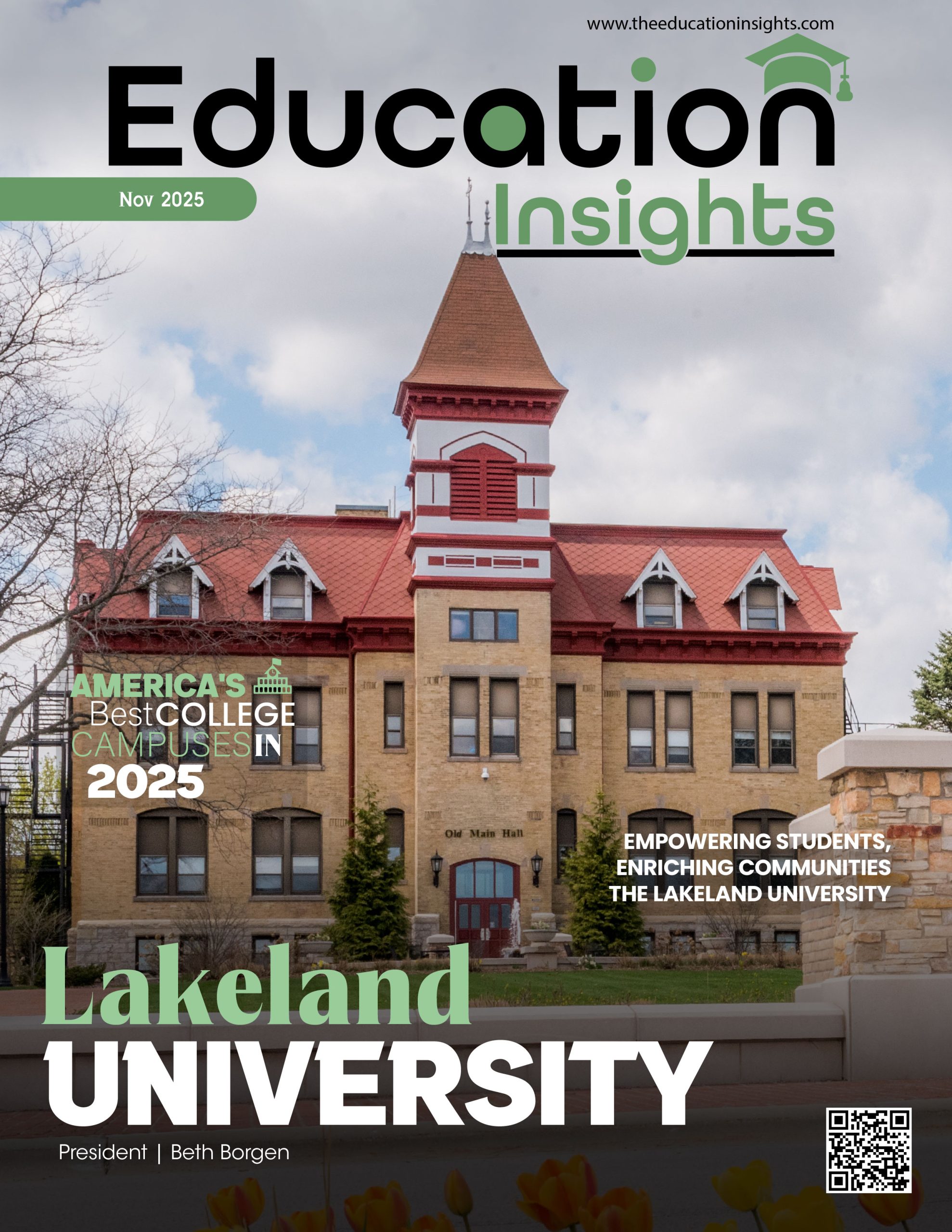Even though we are all aware of how important education is to the direction our lives go, providing adequate educational opportunities remains one of the most significant challenges facing our nation. The educational system in India is struggling with several different problems at the moment. We cannot refute the reality that the government and institutions in India have been working toward transforming the current paradigm of education. Despite this, a few problems still need to be resolved as soon as possible.
The following is a list of seven urgent reforms that should be implemented in the Indian education system:
Repetitive learning
We have made improvements through time but have yet to get away from rote learning. While we know that IB schools are transforming the education system at their level, we must equally recognize that the population that attends IB schools is relatively small.
The education system that they provide is not affordable to everyone. As a result, the government must take the lead and eliminate rote learning from schools at all levels.
Schools must be encouraged to use conceptual learning to prevent kids from memorizing what they are taught. This will not only help students grasp the ideas better, but it will also help them retain and apply them better.
System of evaluation
Marks are the most crucial aspect in determining a child’s future, which frequently falls on pupils as a burden. Students often underperform due to the pressure of grades.
Instead of relying on a three-hour test, the emphasis of assessment should be on a student’s classroom involvement, projects, communication and leadership abilities, and extra-curricular activities.
Only under these conditions will the students be able to provide their utmost effort and be graded accordingly.
All subjects are treated equally.
We are still surviving in an educational system where the scientific stream has toppedpled the stream hierarchy. Students are encouraged to become machines, which only applies to high-profile topics. In contrast, disciplines such as languages, communications, and arts are looked down on and are not deemed high-profile.
Instead of distinguishing between disciplines, students should be encouraged to explore their interests.
Improved educator training
Teachers have the most crucial function in schools; thus, they should get the greatest possible training. After all, the children are determining the nation’s future. Teachers are often seen as second parents.
As a result, they should be trained to function as parents to youngsters away from their families.
They should establish a welcoming and home-like environment in the classroom so that children may experience empathy and affection, which will subsequently be mirrored in their conduct.
Technology introduction
We are all aware that the fourth industrial revolution has begun. We live in a technological renaissance, and technology and education cannot be separated in this situation.
Technology should be taught to students from the very beginning of their educational careers so that it does not seem so foreign to them when they encounter it in later years.
Because the students’ futures depend on these two pillars, Indian educational institutions must enthusiastically embrace education provided in India and technology and instil these values in their student bodies.
Individualize education
Indian education must recognize that no two students’ absorption abilities are the same. As a result, the teaching style cannot be the same for every kid in a class of 30.
Some pupils learn at a quicker rate than others. Teachers must keep a close watch on each of their students.
While a single teacher can’t devote attention to every student, schools must consider using technology such as artificial intelligence and chatbots that may assist both instructors and pupils.
Explain the aim of education to them.
Our educational system retains the qualities that colonial educators incorporated. Education is not necessarily about becoming a powerful, wealthy individual. Humanism should be the focus.
Students must also be educated about life’s morality and instilled with humanistic ideals. They should be educated that there is more to life than money and that financial achievement is not a measure of success.
If the Indian school system begins to take these arguments seriously, we will be able to compete with the top education provided in India in the world. It is critical that we, as a nation, begin to elevate education above the substandard level that we have been used to and see education holistically.










